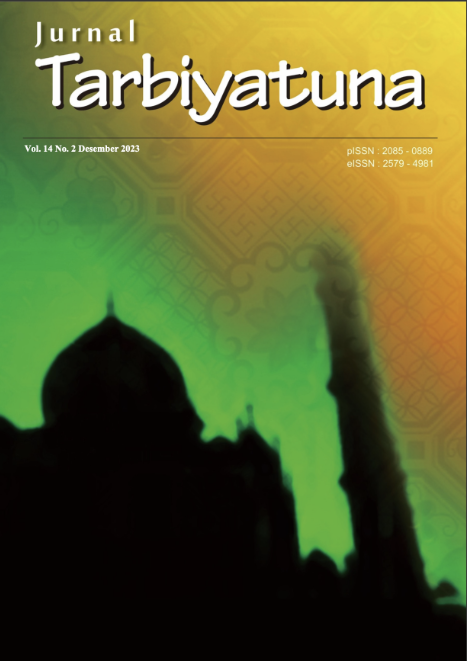Main Article Content
Abstract
Dalian na tolu, a typical Mandailing culture, teaches the values of affection (holong) and togetherness (domu) which play an important role in building the religious character of the younger generation. This research aims to understand how these values in the interaction of dalian na tolu build religious character through family and society. With a qualitative descriptive method, data is collected through observation, interviews, and document analysis, then analyzed thematically. The results of the study show that the values of holong and domu are applied in social relations between mora, kahanggi, and anakboru through the example of parents and the community. These examples include respect for mora, affection for anakboru, and friendship with kahanggi, all of which support the building of religious character based on local culture.
Keywords
Article Details

This work is licensed under a Creative Commons Attribution-NonCommercial 4.0 International License.
